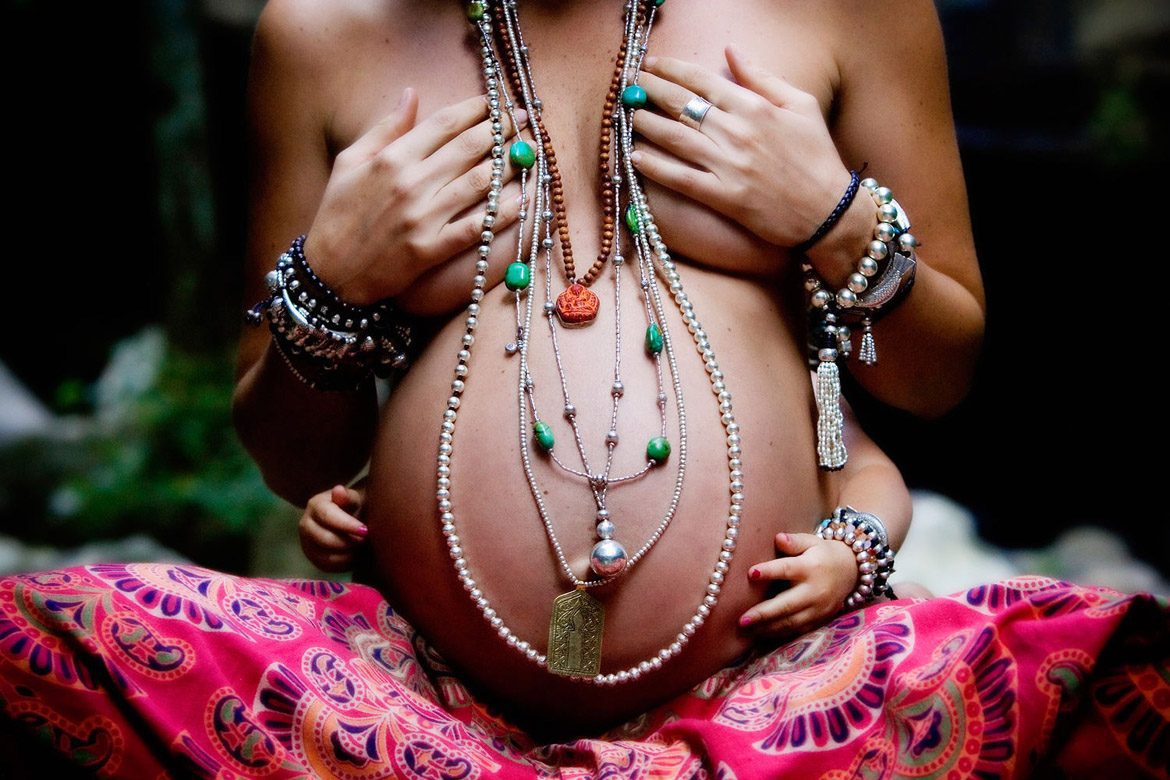By Hannah Schenker
We spend nine months growing and nurturing new life in our bellies, and the birth of our child is such an amazing experience, transforming us from women into mothers. But what follows – the fourth trimester – can often be a time of complete overwhelm, confusion, exhaustion and despair. We live in an information-overloaded world, with so many differing opinions and conflicting advice given as we crawl our way through the first three months with our baby. Real postnatal support for mums is crucial, and preparation ahead of time is so important. So where do you find that support?
For many new mums, the fourth trimester can feel a bit like free-falling. The attention and support they received while pregnant seems to disappear after their baby is born, and what is provided tends to focus more on baby than on mum.
According to the Ministry of Health, immediately after birth, New Zealand mothers should expect:
- a first check of your baby (usually a couple of hours after the birth)
- putting your naked baby on your belly or chest straight away (skin-to-skin contact)
- help to start breastfeeding when your baby shows signs they are ready (usually about 30 minutes after the birth)
- care of the whenua/afterbirth (placenta)
- checking to see if the skin or muscle around your vagina tore during the birth, and stitching the area if needed.
If you birth in a hospital you may stay for a few hours or a couple of days, depending on your situation. Once home, you should expect regular visits from your midwife up until your baby is six weeks.

However, between visits and after that six-week check-up, mums can feel completely on their own, trying to recover physically from the birth in a cascade of hormones, simultaneously learning to breastfeed and care for their baby and dealing with any struggles that arise, while also trying to cope with a lack of sleep and a higher risk of mental health and psychological issues.
Mums can feel completely on their own, trying to recover physically from the birth in a cascade of hormones, simultaneously learning to breastfeed and care for their baby and dealing with any struggles that arise, while also trying to cope with a lack of sleep and a higher risk of mental health and psychological issues.
New mums need quality support with:
- Breastfeeding
- Nutrition advice
- Physical and mental recovery after birth
During the fourth trimester, you want to decrease the fears and frustrations of looking after a newborn, and to learn how to connect physically and emotionally with your baby so that you can be a confident mum.











